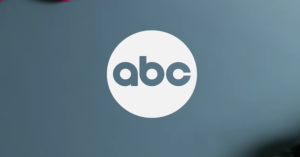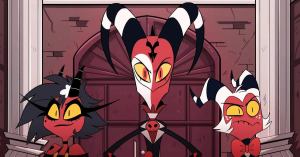Released on May 8, 1980, Friday the 13th set the standard for summer camp slasher films. Without it, we wouldn’t have classic slashers like The Burning, Sleepaway Camp, or the iconic hockey mask-wearing killer, Jason Voorhees.
Despite the legacy the franchise created, there are still plenty of behind-the-scenes details that many devout horror fans might now know. For audiences at large, many don’t even realize that Jason had little to do with the original film, and it wasn’t until the sequel that he became the series’ antagonist.
Videos by PopCulture.com
Take a look at some of the most interesting pieces of information that helped create the legacy of Friday the 13th!
Strike While The Iron’s Hot
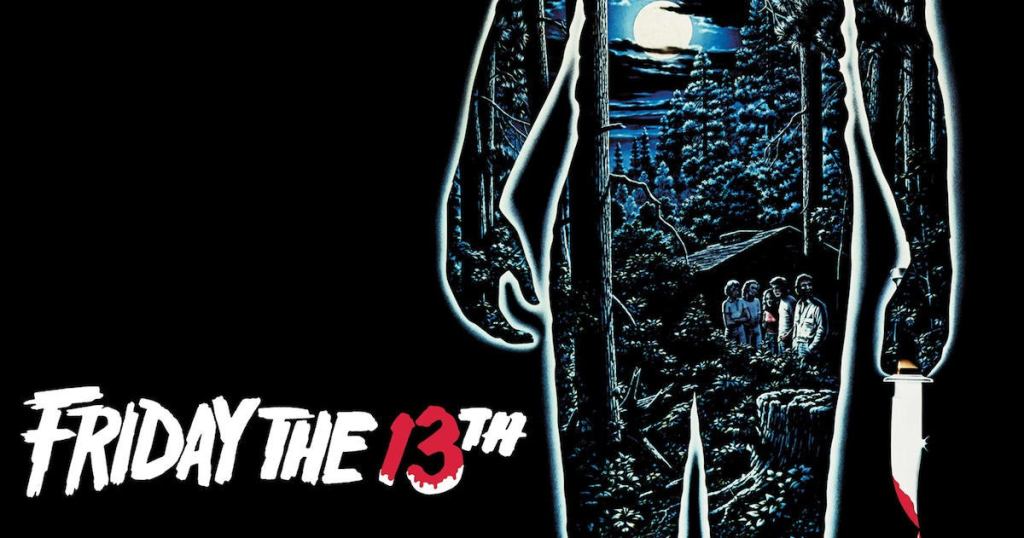
Two years prior to the release of Friday the 13th, Halloween dominated the horror world, which also relied on the title of a known holiday to inspire the elements of its story.
Writers Victor Miller and Sean S. Cunningham initially thought of the film’s title and placed ads in trade magazines seeking funding before having even written a script. Once the pair started writing the script, the tentatively considered calling it Long Night at Camp Blood.
Miller took two weeks to write the summer camp-based slasher but had never even attended summer camp himself, having to rely on his own imagination about what those experiences were like.
‘Halloween’ Connections
In addition to Miller admitting Halloween is what inspired him to write this film, the franchise and its main character shares another interesting connection to the John Carpenter classic.
In New Jersey, there’s a small town named “Voorhees,” the last name of Friday the 13th‘s killer. Less than ten miles away from Voorhees is a town called “Haddonfield,” and in the Halloween films, Haddonfield, IL is the central location of the horrifying events. In reality, there is no Haddonfield in Illinois.
Summer Camp Memories
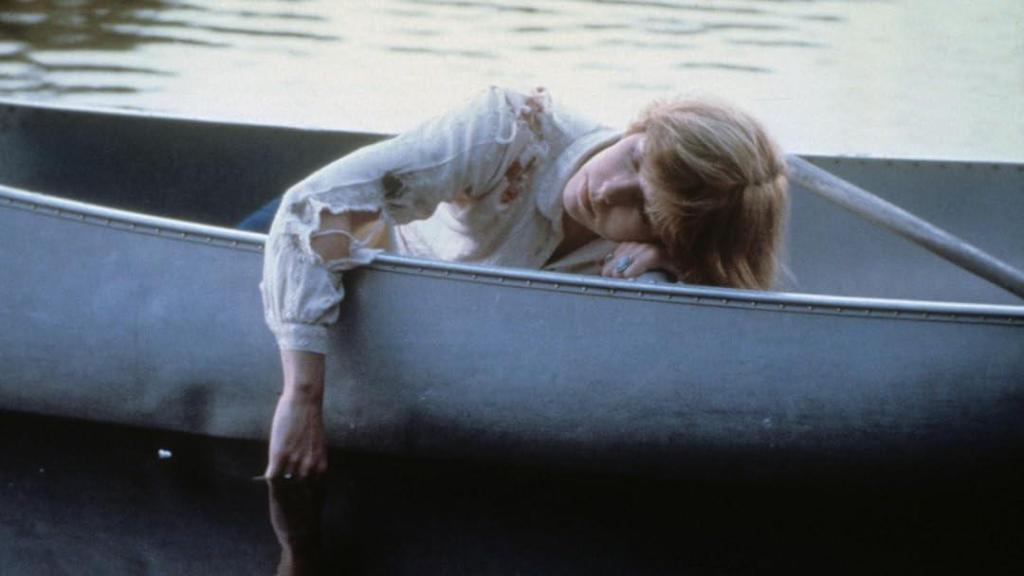
The film was shot at Camp No-Be-Bo-Sco in a rural part of New Jersey, resulting in a small trek into the wilderness for members of the cast and crew each day.
Some members of the filmmaking team, however, opted to inhabit the camp’s actual cabins, allowing them to skip the daily commutes. Special effects master Tom Savini was one of many to stay behind at the camp, bringing in his VCR and Betamax to keep himself and his neighbors entertained.
His collection of films was rather limited but included Marathon Man and Barbarella, which he said he watched so regularly that he could still recite lines of dialogue from them to this day.
Critical Issues
The film might have earned a massive following with horror fans over the years, but the reception wasn’t initially positive. Audiences might have eaten it up, but many film critics chastised the glorification of sex and violence.
Gene Siskel, specifically, was so opposed to this film that he told everyone about the twist ending when reviewing it. He even called upon fellow critic Roger Ebert to host a special edition of their show that focused on misogyny in slasher films. He even went so far as to post the address of one of the film’s actresses, Betsy Palmer, to encourage readers to voice their concerns directly to her. Luckily, the address was actually incorrect, and all of the attention only made for better ticket sales.
Forget The Fact-Checking
The number 13 and its religious connections is what initially caused many people to find the date unlucky, with Friday also gaining notoriety as being one of the unluckiest of days. The superstitious belief of Friday the 13th being a bad omen goes back to the 19th century, gaining prominence over the years.
In the film’s opening sequence, two camp counselors are murdered on Friday, June 13th, 1958. In the film’s “present day,” it is June 13, 1979. Interestingly, June 13, 1979, actually fell on a Wednesday, not a Friday.
One and Done
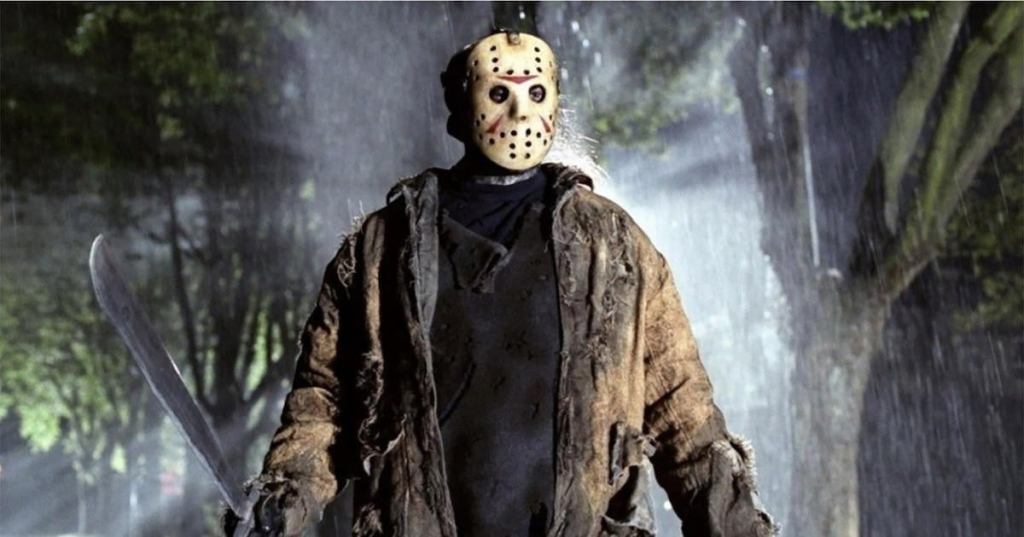
Another attempt to recreate the success of Halloween involved the main character, Alive, going on to star in multiple sequels, regularly defeating the antagonist. However, actress Adrienne King gained a stalker during the film’s theatrical run, causing her to avoid any further connection to the series. Her character was then killed in the opening of the film’s sequel.
King wasn’t the only one uninterested in a sequel, as writer Sean S. Cunningham also thought the concept of Jason Voorhees returning over and over again to kill counselors was a stupid idea and would never work. With ten sequels featuring the return of Voorhees, Cunningham admits he was wrong about his initial ideas.
Chi-chi-chi, ha-ha-ha
One way that Friday the 13th tried to be different from Halloween was through its use of music, or rather, its lack of music. Halloween‘s writer/director John Carpenter created a striking synthesizer score with a memorable opening theme, whereas F13 composer Harry Manfredini only wanted to use music when the killer was nearby.
The sounds accompanying the killer’s appearance is often mimicked as being a “Chi-chi-chi, ha-ha-ha” sound, when in reality, the lyrics are much different. Manfredini uttered the sounds “ki” and “ma” into a microphone with a delay effect, meaning the actual lyrics are “Ki-ki-ki, ma-ma-ma.” The reasoning behind this is that the film’s killer imagines her son urging her to seek revenge, whispering to her, “Kill, mom.”

